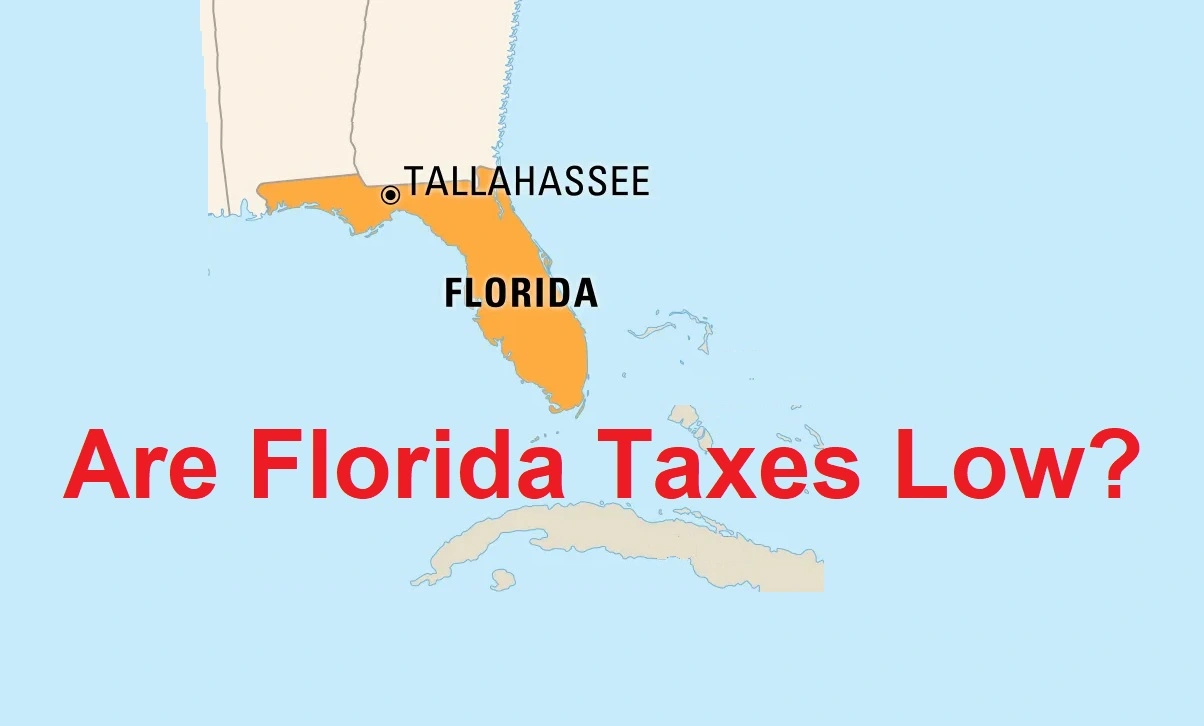|
Getting your Trinity Audio player ready...
|
In the world of taxes, Florida has often been touted as a haven for those seeking a lower cost of living. However, a closer examination reveals a more nuanced reality – the impact of Florida Tax system varies significantly based on an individual’s income level. This article delves into the intricacies of this disparity, shedding light on the complexities that underlie the state’s fiscal policies.
The Allure of No Personal Income Tax
One of the most notable aspects of Florida Tax structure is the absence of a state personal income tax. This feature has long been a selling point for attracting residents and businesses alike.
Florida’s lack of a personal income tax is a major draw for high-income earners,
explains Dr. Sarah Johnson, an economist at the University of Miami.
It allows them to keep a larger portion of their earnings, potentially enhancing their overall financial well-being.[1]
However, this advantage comes with a caveat – the burden shifts to those with lower incomes, who may not reap the same benefits from this tax structure.
The Sales Tax Conundrum
To compensate for the absence of a personal income tax, Florida relies heavily on sales taxes. The state’s general sales tax rate stands at 6%, with some counties adding additional levies, resulting in rates as high as 8.5% in certain areas.[2] While this may seem negligible for high-income households, it can significantly impact those with lower incomes, as a larger portion of their earnings goes towards consumption.
Sales taxes are inherently regressive,
explains Dr. Johnson.
They place a disproportionate burden on lower-income individuals, who spend a larger share of their income on taxable goods and services.
This reality underscores the importance of considering the overall tax landscape, rather than focusing solely on the absence of a personal income tax.
Property Taxes: A Double-Edged Sword
Florida’s property tax system further exemplifies the income-based divide. While the state’s average property tax rate of 0.83% is lower than the national average, the high cost of housing in many areas can offset this advantage.[3]
For lower-income residents, the combination of high housing costs and property taxes can be a significant financial strain,
notes Dr. Johnson.
On the flip side, those with higher incomes may find it easier to absorb these costs, particularly if they own high-value properties.
The Hidden Burden: Sin Taxes and Fees
Florida Tax landscape also includes a range of “sin taxes” and various fees that can disproportionately impact lower-income households. These include taxes on items like cigarettes, alcohol, and gambling, as well as fees for services such as vehicle registration and tolls.
These taxes and fees may seem small individually, but they can add up quickly for those living paycheck to paycheck,
cautions Dr. Johnson.
It’s important to consider the cumulative impact of these smaller expenses on household budgets.
A Call for Comprehensive Reform
As the debate surrounding Florida Tax system continues, many experts are calling for a more balanced approach that considers the needs of all income levels.
While the absence of a personal income tax is attractive, it’s crucial to assess the broader implications of our tax policies,
argues Dr. Johnson.
We need to find a way to balance the competing interests of attracting businesses and high-income earners while ensuring that lower-income residents are not unduly burdened.
Potential solutions proposed by experts include expanding tax credits and exemptions for essential goods and services, as well as exploring alternative revenue sources that distribute the tax burden more equitably across income levels.
As Florida’s population continues to grow and diversify, the state’s tax system will undoubtedly remain a topic of intense debate. Only by acknowledging and addressing the disparities inherent in the current system can policymakers work towards creating a truly fair and inclusive fiscal landscape that benefits residents across the income spectrum.
For More News Update Visit California News



